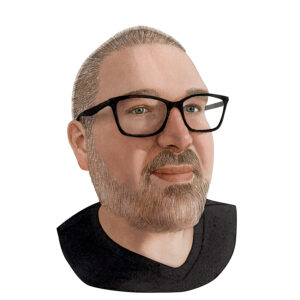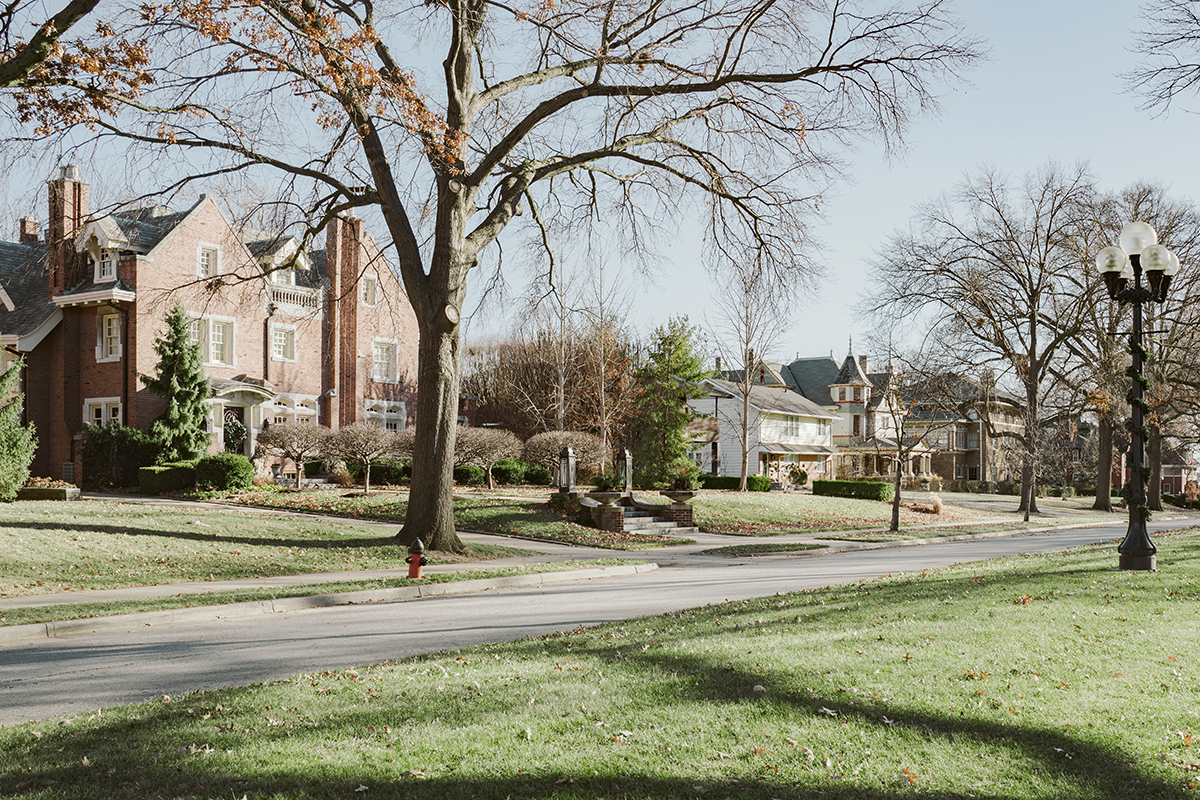There’s good news and bad news for post-Covid patients who come into the long-haul clinic at the KU health system.
“The one thing I tell every one of our patients is, ‘Hey, six months ago if you’d have come in and seen me, I would have had no idea what you’re talking about,” says Branden Comfort, an internal medicine physician who has worked in the long-haul clinic since it opened a year ago. “We have refined our approach, and six months from now we’ll have refined it even further. We’re making progress.”
But while answers will come over time, recovering from long-term Covid symptoms has been tough on the six hundred or so patients the clinic has seen, many with disparate symptoms ranging from loss of smell to brain fog and fatigue.
“This is such a new problem still that there are definitely more questions than answers,” Comfort says. “What we’ve attempted to do is pool the different resources we have at KU, the different areas of expertise, and try to put some of our best and brightest minds in their area on this.”
Here are some things to know.
Screening for damage to the heart and lungs is step one.
“When we first see a patient in the post-Covid clinic, the thing we start with is to ensure there is no damage to their internal organs from their infection,” Comfort says. Scarring on the lungs or inflation around the heart are complications that require immediate intervention because they can be life-threatening.
Fatigue is the most common problem.
This is true at the KU health system’s long-haul clinic and at others across the country. “The thing that I try to emphasize to people is that the patients with post-Covid syndrome that have fatigue, it’s not what you and I think of as fatigue,” Comfort says. “It’s a very debilitating, can’t-get-out-of-bed, can’t-go-to-work kind of fatigue. It’s different from anything I’ve seen before.”
It’s about rehabilitation.
A lot of the clinic’s work has involved the same group of people who help patients that have gone through car accidents or strokes—they’re experts on “getting people back to their old selves,” Comfort says.
“We have really tapped into those rehabilitation experts to help our post-Covid patients,” he says. “They’ve really done a lot of the heavy lifting in this clinic. They do some of the standard things—physical therapy, occupational therapy. They help with fatigue. They’ve come up with some specific protocols for post-Covid patients.”
Speech therapists have been helping post-Covid patients with brain fog, he says. “I’ll be honest: I underappreciated our speech therapists and the wonderful work they do, but in this post-Covid world, they are getting five or six referrals every single day. They’re really working hard with those patients.”
Sleep is key.
Disrupted sleep patterns are one of the most common problems for post-Covid patients, though Comfort says doctors are still not sure why. There are reasons to believe the lack of sleep may also contribute to brain fog and fatigue. The clinic works with patients using medications and bettering their sleep hygiene.
Smell therapy is a thing.
The health system has a doctor who has done a lot of research on anosmia—that is, the loss of smell—even prior to Covid. That doctor has helped patients work with coffee, ammonia and the like to restore their sense of smell.
“They’ll have some protocols for smelling things with stronger aromas to try and stimulate the olfactory nerve to wake up and regrow some of those nerves that have been damaged,” he says.
Shortness of breath is a mystery.
Post-Covid patients often have persistent shortness of breath and coughing, but when doctors test their pulmonary function or run imaging tests, the results look completely normal.
“We don’t know why people continue to be really short of breath, and there’s different work going on around the country on that—looking at if there’s inflammation around the lung if the virus is still in there and we can’t detect it,” Comfort says. “There’s some thought that it might have an effect more centrally, in the mid-brain that regulates a lot of these autonomic processes. Those are some of the hypotheses that are being developed and investigated.”






